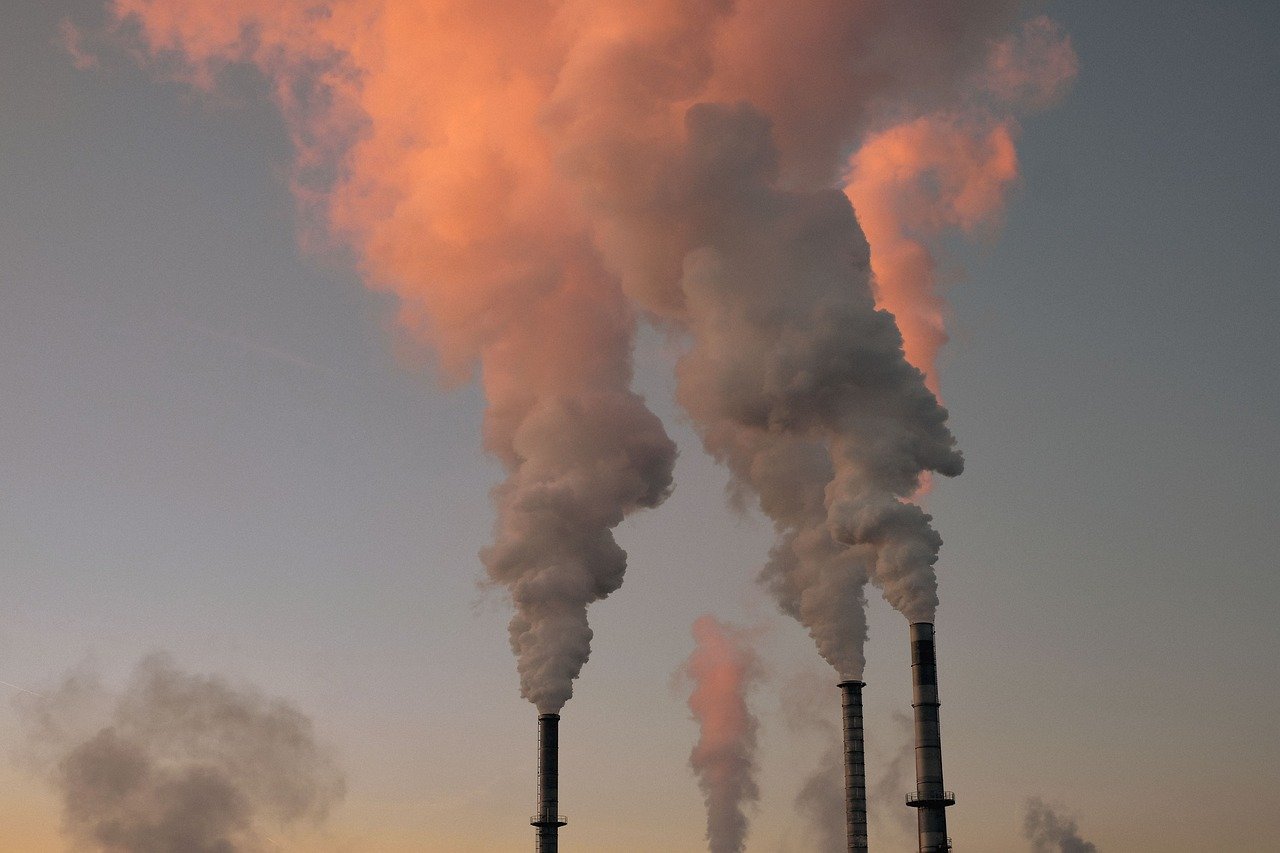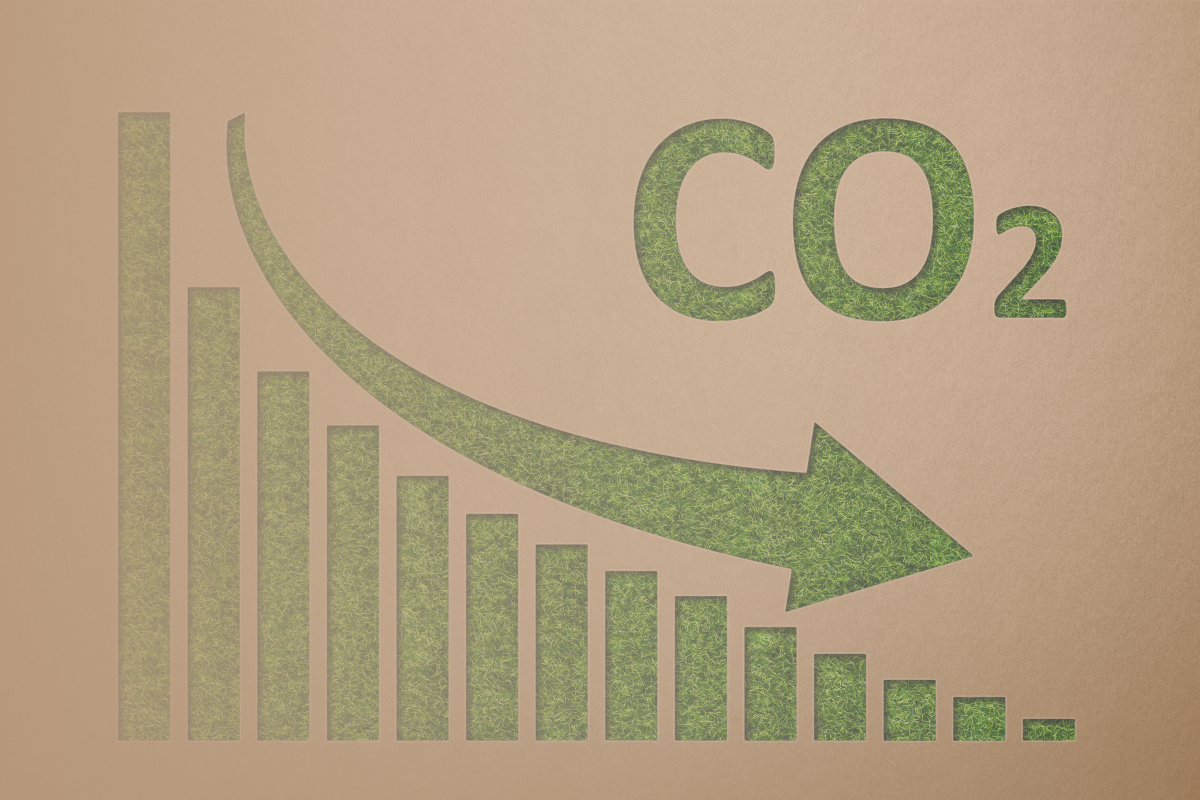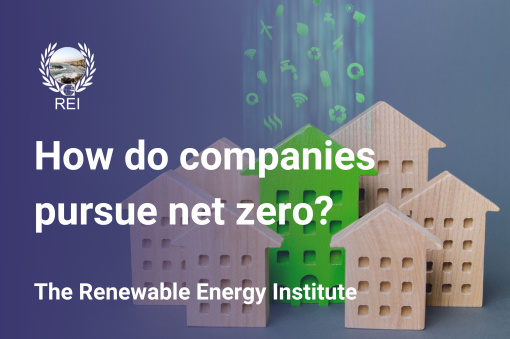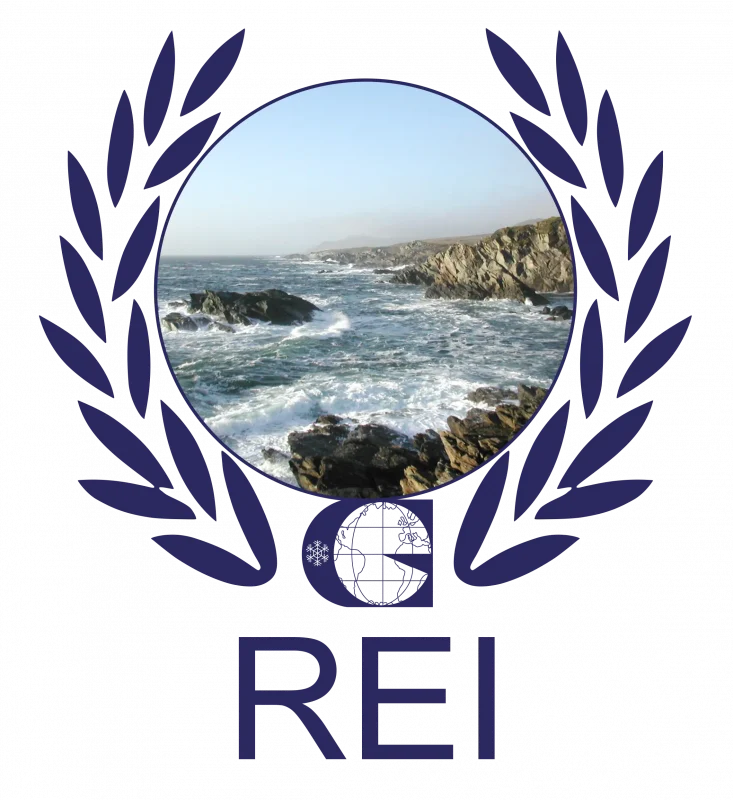Renewable Energy Insights
Institute Insights: Did COP28 Make A Difference?
It is now 6 months since COP28 took place in Dubai. The key outcomes of the conference were the implementation of the Loss and Damage Fund and an acknowledgement that countries should transition away from fossil fuels. You can also read more about the outcomes of COP28 here. Towards the end of 2023, the COP Presidency promised to help speed up the pace of the global energy transition to prevent further climate change. In 2024, we have consistently surpassed heat records, with recent data showing record-breaking temperatures for the past 11 consecutive months.[1]

Yet everyday there is good news in the renewable energy sector, with countries across the world implementing important projects or reporting high levels of renewable energy generation. Remember, you can keep up to date with this news via our Daily News page!
So where are we in regards to climate targets and did COP28 make any difference? As many nations across the globe hold elections this year, the subject of climate action holds an enormous amount of power. In this article, the Institute will examine the progress that has been made in key areas over the last 6 months and look ahead to what we might expect from COP29 this November.
The Loss and Damage Fund
The first steps towards implementing the Loss and Damage Fund were one of the main successes of COP28. This fund aims to provide financial aid to the developing countries most affected by the impacts of climate change. By the end of COP28, the fund had $700 million in pledges from developed nations. Since then, progress relating to the fund has continued, albeit at a slow pace.
In May 2024, the COP28 Presidency held a 3-day meeting regarding Loss and Damage which they described as a historic milestone.[2] This was the first meeting of the board which will oversee the operation of the fund itself. Additional meetings of the board are expected to take place between now and November, including a meeting in July to decide on the fund’s host country. It is worth noting that any proposals from the board will need to be discussed at COP29, meaning that economic aid is unlikely to reach any vulnerable communities until 2025. Nevertheless, the announcement of the host country later this year will be a big step forward in allowing the fund to become operational.
Pollution

At COP28, 123 countries signed a Declaration on Climate and Health which aims to fight the dangerous impact of fossil fuel air pollution on global health. While new research has shown that air quality in Europe has actually improved over the last 2 decades, pollutant levels are still too high to meet World Health Organisation (WHO) guidelines.[3] Furthermore, this issue is not restricted to Europe, there are only 7 countries worldwide that actually meet these guidelines.[4] This issue has a huge impact on people’s health worldwide. For example, in Thailand, the number of people seeking medical care for illnesses related to pollution has increased by 300,000 since the start of the year.[5]
Until the burning of fossil fuels is cut drastically, we may not see real progress in improving this. However, there have been recent examples of individual nations and councils taking action. For example, in April the European Parliament announced a new law to place stricter limits on pollution in a bid to reduce levels significantly by 2030. EU Environment Commissioner Virginijus Sinkevicius hopes that this could reduce climate pollution related deaths by as much as 70%. [6] Elsewhere, smaller actions have been taken, such as the introduction of Low Emission Zones in cities such as London and Edinburgh, to reduce the levels of pollution caused by petrol and diesel vehicles. In Delhi, officials are working to electrify 80% of buses for the same reason. [7]
The Energy Transition
The COP28 Presidency vowed to speed up the energy transition and the first half of 2024 has shown definite signs of progress. Much of this is not yet fully apparent as data will not be available to us until next year, however we have seen many news stories so far this year providing positive news for renewables and highlighting tangible progress in the global energy transition. Greece reported 7 days without the use of coal within a month, Portugal produced 95% of its electricity needs via renewables in April and for the first time, renewable energy surpassed 30% of global electricity production. On a global scale, renewable energy capacity in 2023 was 50% higher than 2022. [8]

In very hopeful news, data from the International Energy Agency (IEA) suggests that global greenhouse gas emissions may now have peaked, and we may see a fall in 2024. Climate analytics have stated that there is a 70% chance that emissions will begin to fall in 2024 if we continue with the current upwards trend in renewables.[9]
However, this progress still needs to speed up further. The Intergovernmental Panel on Climate Change (IPCC) warns that a huge reduction of 50% by 2030 is needed to keep global warming within 1.5 degrees. Therefore, while the new data can be viewed with optimism, we must continue to look for ways to increase the speed and urgency of the transition to net zero.
COP29
COP29 will take place in Azerbaijan between the 11th and 22nd November 2024. Azerbaijan, has a long history with oil and gas, as home to the world’s first oil wells in the mid-19th century. Since then it has benefitted economically from fossil fuels, and continues to do so. Recent data claims up to 90% of the country’s exports are related to oil and gas.[10] As such, the decision to hold COP29 in a nation reliant on fossil fuels may raise criticism, as it did for COP28 in Dubai. Nevertheless, Azerbaijan has voiced commitments to transitioning towards renewable energy and a desire to work with other oil producing countries to find a more sustainable way forward. By 2030, the country aims to generate 30% of its electricity requirements from renewable sources.[11]
Early reports tell us that the Azerbaijan COP Presidency will base their actions around ‘enabling ambition’ and ‘enabling action.’[12] But only time will tell what decisions can be taken at COP29; make sure to follow the Institute’s social media channels, or sign up to our newsletter to access our coverage of the event.
Conclusion
We can see that in many ways climate progress has remained slow since the COP28 summit. Despite being brought into existence in 2022, the Loss and Damage Fund will not be able to distribute funds until 2025 at least.
Yet, we can see that action is being taken and that these actions are leading to successes. Every day we can see positive news emerging from the sector and innovation continuing to take place. While we look forward to COP29, to hopefully break new barriers in the fight against climate change, we must not ignore the successes taking place slowly and steadily.
A potentially changing political landscape across the globe could have significant effects on climate action. While the outcomes of this cannot be predicted, the rest of 2024 may be a significant turning point for the global energy transition.
Skilled professionals are needed now more than ever to speed up the global energy transition. You can make a difference by studying with the Renewable Energy Institute, an internationally recognised provider of accredited courses in renewable energy and energy efficiency. Browse our full catalogue of courses and pathways here, or get in touch today for tailored advice from our experienced course advisors.

Read Next: How Do Companies Pursue Net Zero?
[1] https://climate.copernicus.eu/april-2024-11th-consecutive-warmest-month-globally
[2] https://www.thenationalnews.com/climate/cop28/2024/05/03/cop28-presidency-hails-results-of-landmark-loss-and-damage-fund-meeting/
[3] https://www.theguardian.com/environment/2024/mar/13/air-pollution-levels-have-improved-in-europe-over-20-years-say-researchers
[4] https://www.cleanairfund.org/news-item/air-quality-news-march-2024/
[5] As Above
[6] https://www.reuters.com/business/environment/eu-parliament-adopts-new-rules-improve-air-quality-by-2030-2024-04-24/
[7] https://www.dw.com/en/4-ways-megacities-are-tackling-air-pollution/a-67645710
[8] https://theconversation.com/its-not-game-over-its-game-on-why-2024-is-an-inflection-point-for-the-climate-crisis-221497
[9] As Above
[10] https://www.theguardian.com/world/article/2024/may/17/cop29-at-a-crossroads-in-azerbaijan-with-focus-on-climate-finance
[11] https://cop29.az/en
[12] https://cop29.az/en
